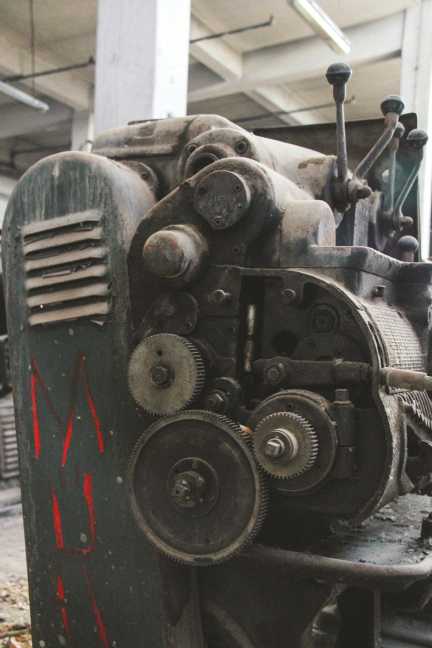Robotics has played a significant role in revolutionizing modern manufacturing processes. With the advancement of technology, robots are increasingly being used in factories and production facilities to streamline operations, increase efficiency, and improve overall productivity.
One of the primary roles of robotics in modern manufacturing is automating repetitive and mundane tasks. Robots are able to perform tasks with precision and consistency, leading to higher quality products and reduced errors. By taking over tasks that are routine and time-consuming, robots free up human workers to focus on more complex and value-added activities. This not only improves overall productivity but also creates a safer working environment by reducing the risk of accidents and injuries.
Another important role of robotics in manufacturing is increasing flexibility and adaptability. Robots are able to easily switch between different tasks and processes, making it easier for manufacturers to quickly adjust to changing market demands and production requirements. This flexibility allows factories to produce a wider range of products without the need for costly retooling or reconfiguration. Additionally, robots can be easily reprogrammed and retrained to perform new tasks, making them a versatile and cost-effective solution for manufacturers.
Robotics also plays a key role in improving efficiency and reducing operational costs in modern manufacturing. Robots are able to work 24/7 without the need for breaks or rest, leading to increased production output and faster turnaround times. Additionally, robots are able to perform tasks at a faster pace than human workers, leading to shorter production cycles and reduced lead times. By automating repetitive tasks, robots can also help reduce labor costs and minimize the risk of human error, leading to higher quality products and increased customer satisfaction.
Furthermore, robotics in modern manufacturing is paving the way for the integration of advanced technologies such as artificial intelligence, machine learning, and data analytics. By combining robotics with these technologies, manufacturers are able to further improve efficiency, optimize processes, and make more informed decisions. For example, robots equipped with sensors and cameras can collect real-time data and provide valuable insights into production performance, enabling manufacturers to identify and address issues before they become major problems.
In conclusion, the role of robotics in modern manufacturing is undeniable. From automating repetitive tasks to increasing flexibility and adaptability, robots are transforming the way products are made. By improving efficiency, reducing costs, and integrating advanced technologies, robotics is helping manufacturers stay competitive in an increasingly fast-paced and demanding market. As technology continues to advance, the role of robotics in manufacturing is only expected to grow, leading to even further innovations and improvements in the industry.


